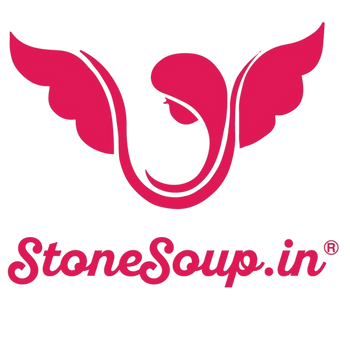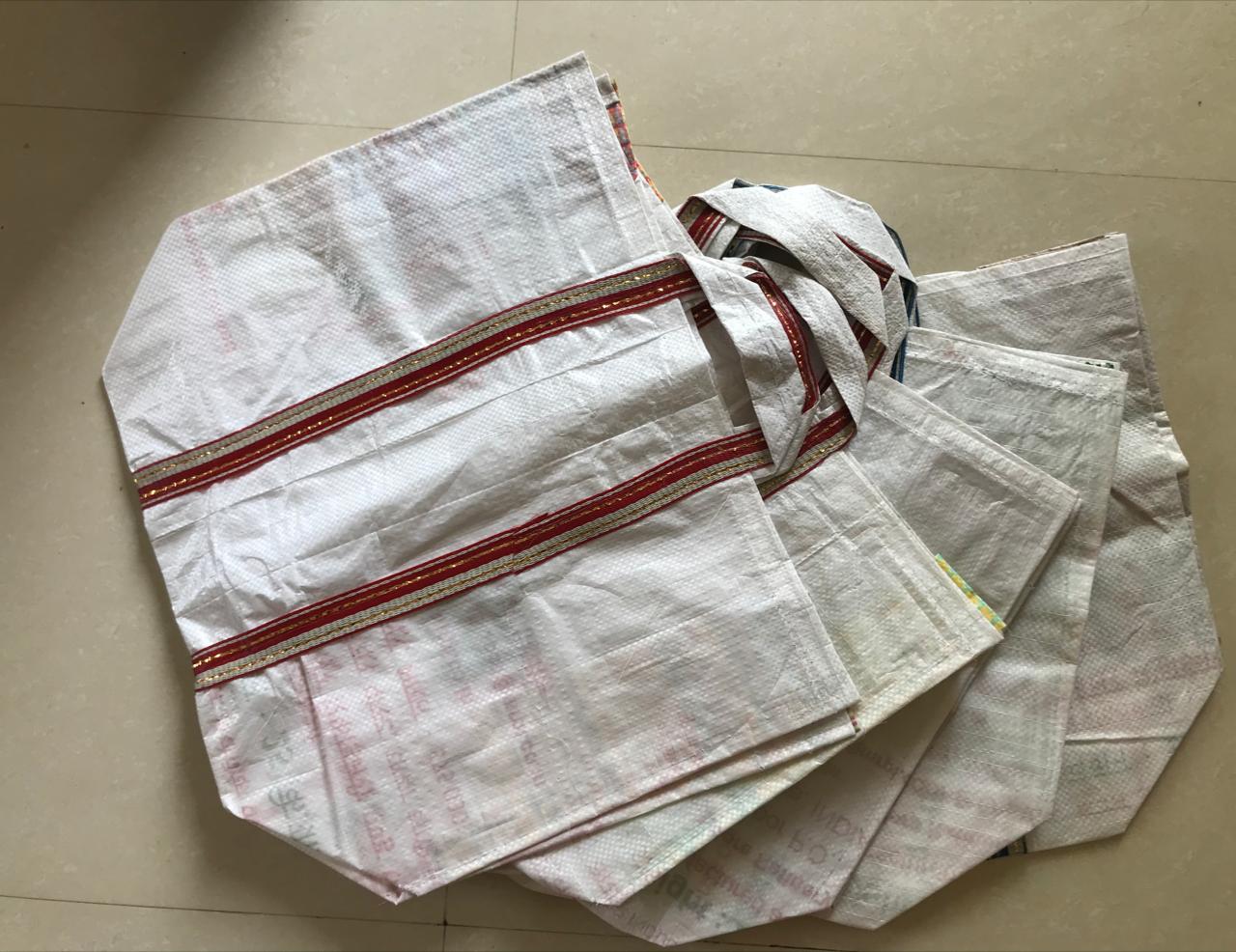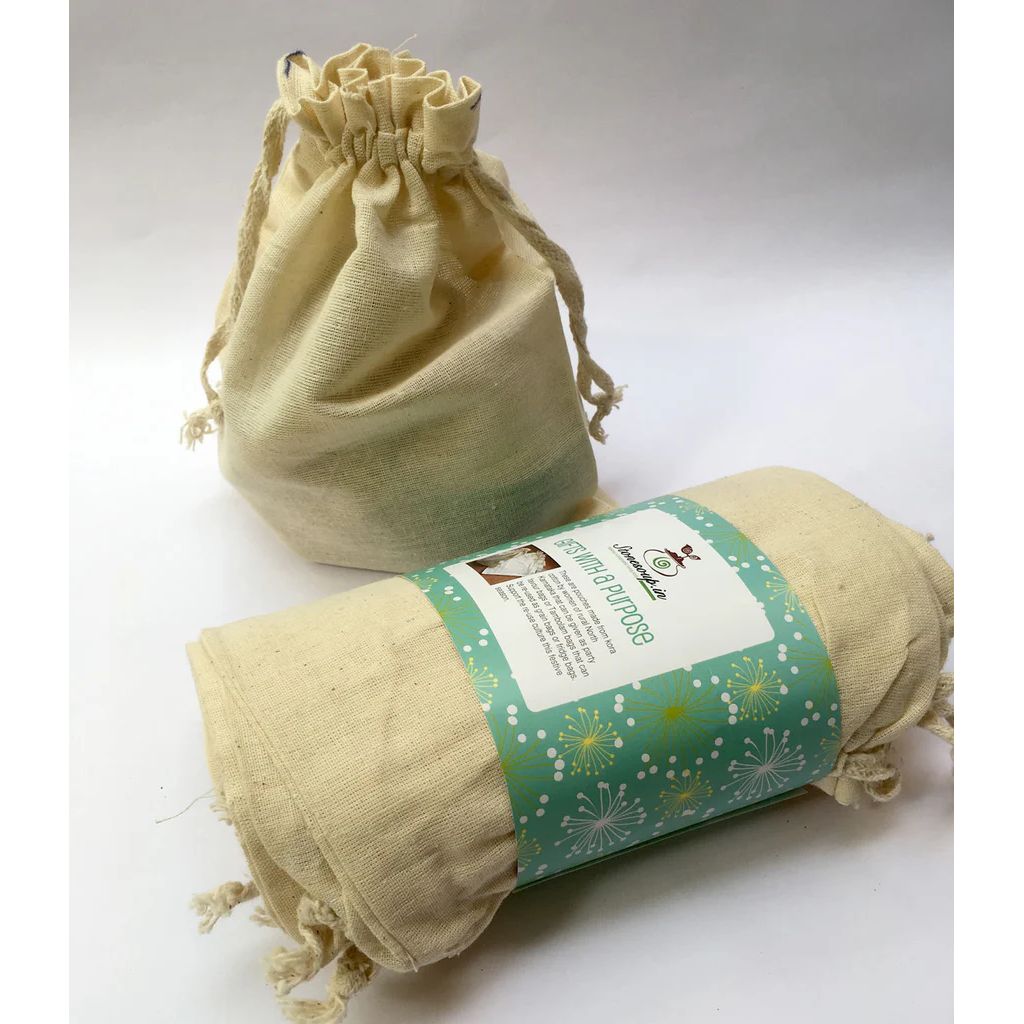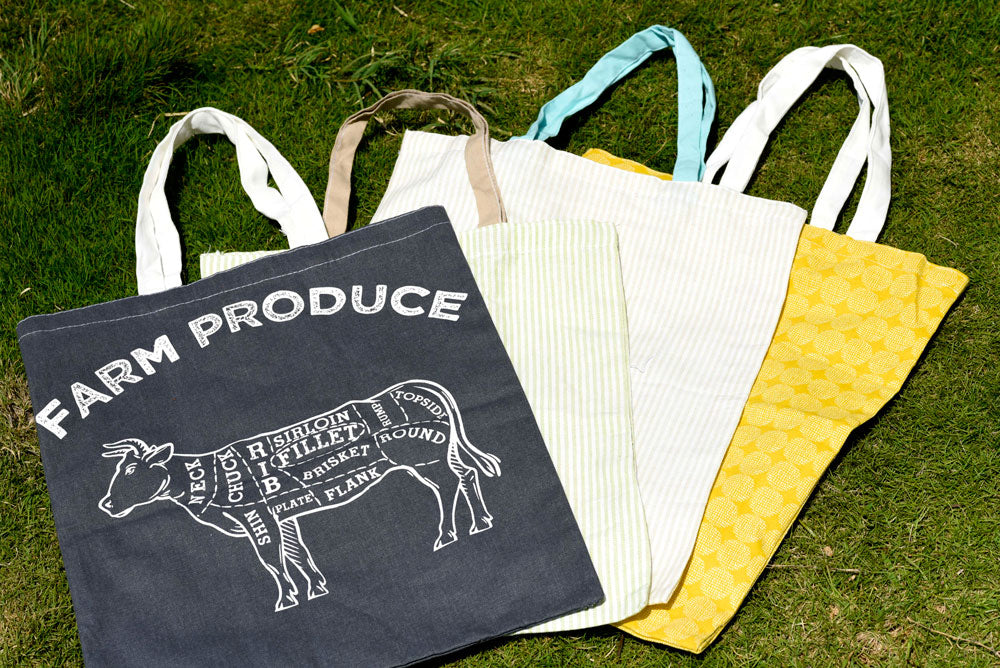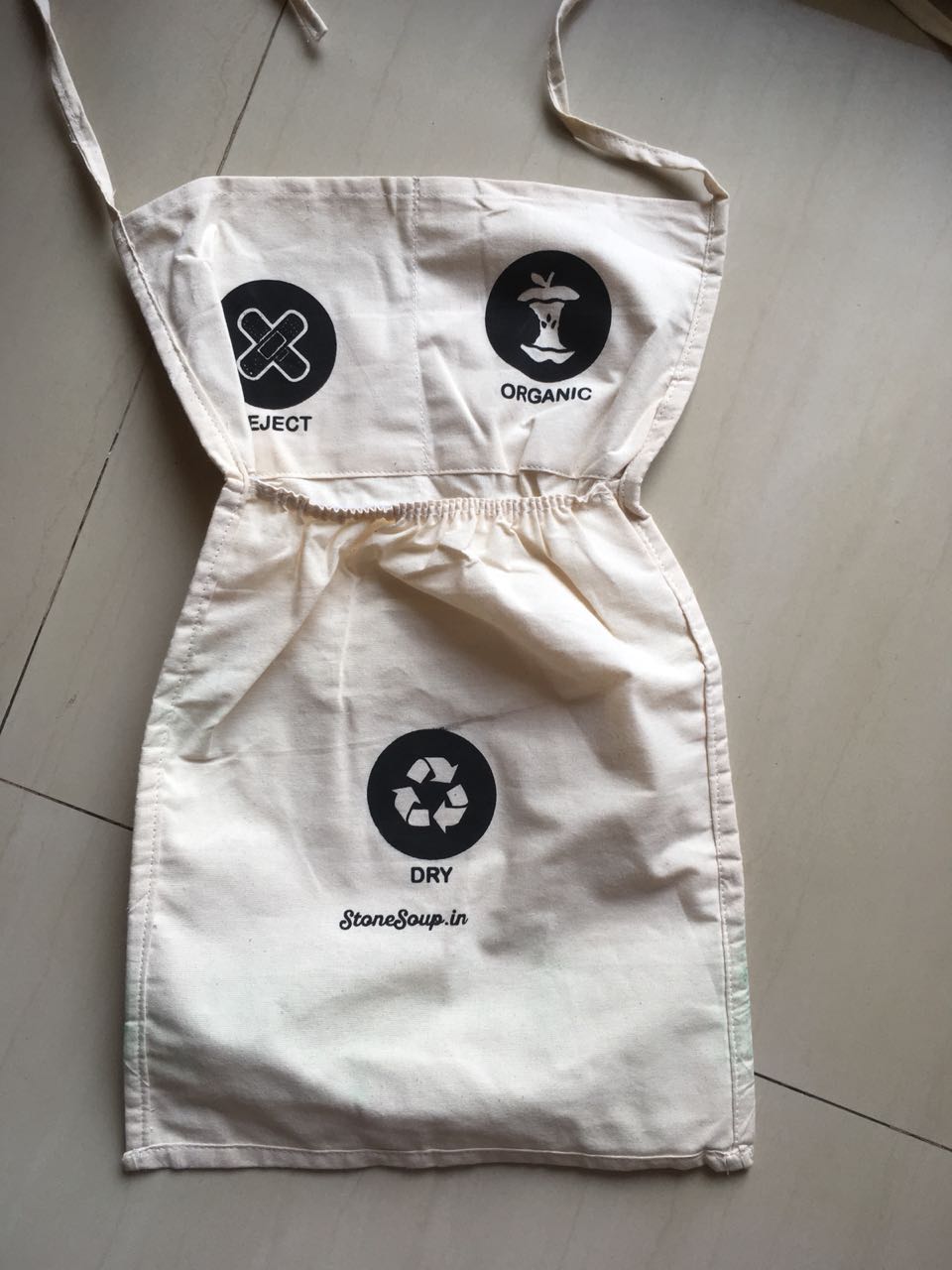Monica Lennon is a Scottish politician who led the campaign to provide free period products to all women in Scotland. The details on the ruling at the below link. Dr Meenakshi Bharath writes an open letter to Ms Monica in the blog below (published with permission from Dr Meenakshi)
Dear Monica Lennon,
Many congrats on leading this programme and making Scotland the first nation in the world to provide free period products to all menstruators. That is truly a great achievement.
But Madam Lennon -instead of giving single use disposable sanitary napkins and tampons that are a recurrent expense of 8.7m pound sterling (85.6 crore rupees) yearly -why don’t you consider giving the women of Scotland reusable menstrual cups.
Each menstrual cup of good quality (Made in India) will cost 10 Pound sterling (945 rupees) and will last 10 yrs . -the same that you would pay for one month of single use disposable pads/tampons. Your expenditure will be reduced tremendously. The " Period Poverty " will be completely eliminated by your government and you will save money too. The Scotish women are already used to tampon usage during periods -for them to shift to menstrual cups will be real easy.
The Modern Menstrual Cup...
is made of medical grade silicon, an inert non reactive material. It is a device that is inserted into the vagina and acts as a receptacle for the collection of blood. As it fits snugly in the vagina and there is nothing between our legs thus making it completely rash free. It can be removed every few hours, emptied, washed and then reinserted into the vagina. A more comfortable device than this has not been invented for women's periods. Each menstrual cup can be used for a minimum of 8-10 yrs, and is most cost effective. There is a small learning curve to inserting it into the vagina and removing it – but once learnt, one will never get back to using single use disposable sanitary napkins or tampons. Women can use this from around the time they begin using tampons up till menopause, which is for over 30 years.

10 Advantages of menstrual cup
1-One time purchase –lasts 8-10 yrs, extremely cost effective (saves 90% of the money that you would use)
2- Requires less frequent removals as compared to the number of times a pad/tampons has to be changed.
3- Produces no trash
4- Increased feeling of cleanliness,
5- Doesn’t feel like you’re wearing anything
6- Cleaning is very easy and takes only a few minutes –water required for this is very little- WASH and WEAR
7- There is no need to remove it for passing urine or stools unlike with pads.
8- Can swim, run, dance, trek –without any discomfort, Not affected by rain.
9- Dysmenorrhoea is reduced, White discharge per vagina is also reduced, less chances of bacterial vaginosis, less rash in the groin
10-Duration of bleeding is less as there is no spotting
With the above advantages –it will be a great injustice if women are not made aware of this advance and use this to have a HAPPY PERIODS.
Once again -reiterating :
We must move away from the practice of donating single use disposable pads/tampons and incinerators but instead, take up to giving the more cost effective, comfortable and healthy menstrual cups. Because the former is costly, needs to be bought every month-every single pad needs to be disposed after use and produces a lot of trash that is an environmental hazard.
We look forward to a Rash free, Cash free and trash free period for all the women in Scotland.Thus we need to explore these newer products for the health benefits that it provides to the women and also the environment.
Menstrual hygiene management is a key issue for women from adolescence to menopause, with implications to their health, privacy, dignity, safety at school, home and workplaces.
If you will agree- we will be happy to work with you.
Written by
Dr Meenakshi Bharath
Gynaecologist
Bangalore India.
The author is a renowned gynaecologist with over 40 years of experience in the field. She is a member of the Solid Waste Management Round Table, and a strong proponent of sustainable menstruation movement in India and beyond.
